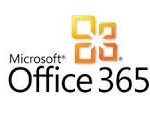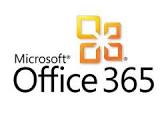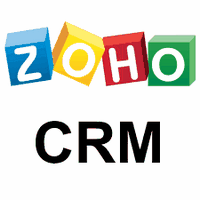 I just turned down a potential Act! client. No one likes to lose business but I knew we were not going to be a good fit.
I just turned down a potential Act! client. No one likes to lose business but I knew we were not going to be a good fit.
The prospect had been using Act! for “over 15 years.” He ran a security business and needed to keep “at least 7 years’ worth of data.” So far so good. He was currently self-hosting his database on an Amazon server and was plagued by slowness and error messages. The only cure was to continually reboot the server which required intervention on the part of his IT guy. I was relatively sure I knew what was causing the issue and knew I could fix it.
We scheduled a call and I asked him a few questions. Had he been experiencing issues prior to moving to the Amazon server? Yes, for several years. Did he schedule a lot of activities? Yes. Did he ever look at his History List? No. Did he have a lot of Outlook email attachments in his Attachments folder? Yes, over 34 gigs. Bingo. His issue was relatively easy to resolve IF he was willing to tweak his Act! usage. Unfortunately, he was not.
So, what was the stumbling block to our potential relationship? Quite simply, the prospect wanted to resolve his issues but was not willing to change his Act! methodology. Specifically, his insistence on saving every Outlook email he and the other users sent and received “as an attachment” had resulted in a bloated database and server. Unless he changed his methodology, he would continue to experience issues. “Why would a feature exist if it wasn’t meant to be used?” he asked.
Most Act! users love the ability to attach Outlook email messages to their Act! contact records. However, they often don’t realize that there are actually three ways to record this history:
- Date, Time, Subject
- Date, Time, Subject and Message
- Email as Attachment
Older versions of Act! used to warn users against opting for the “Email as Attachment” option by labeling the “Date, Time, Subject and Message” option as “Recommended.” Still, users persists on using the Attachment option. What most users do not understand is that those email attachments are saved in Act!’s Attachments folder with cryptic, machine coded file names. Over time this folder increases in size, eating away at your hard drive space and slowing down Act!’s overall performance. Worst of all, although you can delete the attachment histories in Act!, the corresponding attachments remain.
Most Act! users are unaware of the impact that those Outlook Email attachments have on the size of their database. I’ve received dozens of inquiries from Act! users wondering why their backups are failing; more often than not it’s because of that bloated Attachments folder. Worse yet, I’ve had several clients transition to the Act! cloud and get hit for $2,000 plus in overages because of the size of the attachments folder.
If you need help with having your Outlook email histories record in Act! please reach out to the Act! Consultants at Tech Benders!




